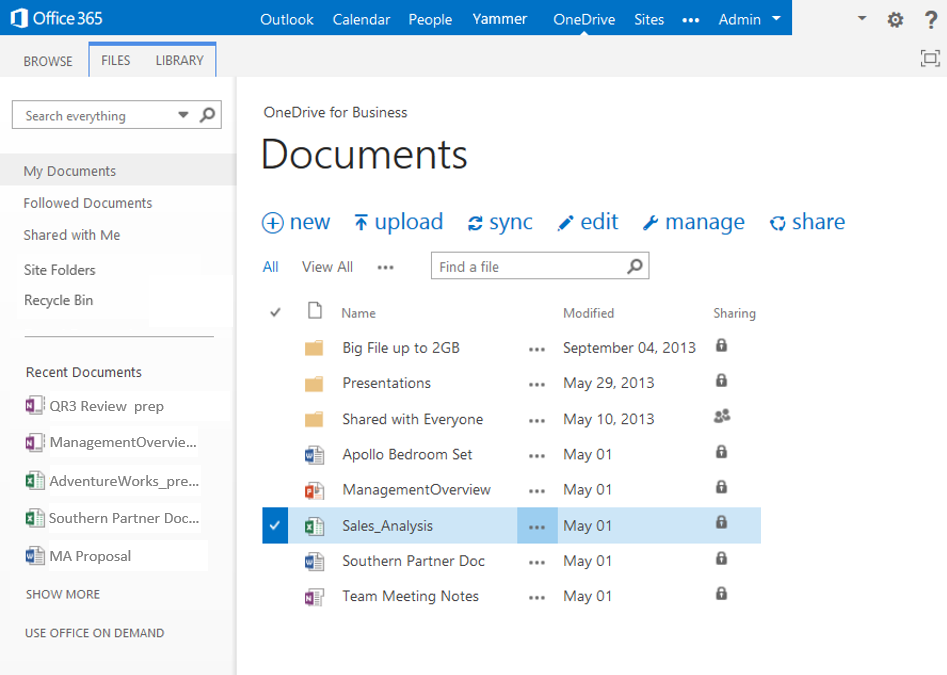File hosting – 3 comprehensive storage systems
| November 16, 2019

A file hosting service helps teams build secure, organized libraries for files. You’ll want a comprehensive system that fits your needs and allows for extensive collaboration. Here’s a quick description to help you understand what file hosting is.
What is a file hosting service?
A file hosting service stores uploaded user files in a specific location. A file hosting service is often cloud-based and backed by security features to protect data. It can be accessed by users via the internet through a login portal that uses password protection and security certifications.
A file hosting service is essentially the digital version of a brick and mortar bank. Similar to how a bank hosts money for customers, a hosting service hosts files for users. Just as a customer needs to prove their identity to access their money, a user proves their identity or ownership to access their files.
Find the right file hosting service to fit your needs. Here are the three best file hosting systems.
1. Microsoft OneDrive
Microsoft OneDrive is a powerful file hosting service due to its collaborative features, integrations and accessibility. It is an easy-to-use system with an intuitive interface for users of all technical levels. It boosts collaboration by providing a space for editing files in unison with other team members. It’s accessible from mobile devices and supports numerous mobile operating systems. OneDrive is integrated with the Office Suite, allowing users a chance to work on familiar programs such as Word.

OneDrive’s lack of storage space is its greatest limitations. This is especially true in the basic version, which has low limit ceilings on space. However, upgrading to the business edition helps negate this limitation by providing users with more storage. Consider Microsoft OneDrive if you’re familiar with the Office 365 tools and wish to build your storage around this familiarity.
2. Box
Box is a system that runs very fast, has strong basic storage offerings and solid collaboration potential. It also has good accessibility and high-level security. Furthermore, Box centralizes files for teams to quickly find, share and collaborate on different items during a project. Users will benefit from the speed of Box’s interface and tools. The most important aspect of Box is the end-to-end data protection it provides to all levels of use.

Though collaboration is possible in Box, it generally falls short in terms of working together with team members to create, edit and share files from the storage library. Consider using Box if you value security of data over collaboration with other team members.
3. Canto DAM
Canto digital asset management (DAM) is a cloud file hosting service that is enterprise-based and designed for modern companies. It thrives as a hosting service due to its advanced metadata management, security features, collaborative potential and integrations. It even syncs with other service systems like Box using powerful integrations.

DAM is a file hosting service fit for companies with large amounts of files that require secure sharing and organized tagging. It allows teams to collaborate on files in real time. Use Canto DAM when you need a comprehensive storage system for business.
Find the right file hosting service to help organize, store and retrieve media, documents and presentations. Make sure you compare the traits of a program with the needs of your organization.
